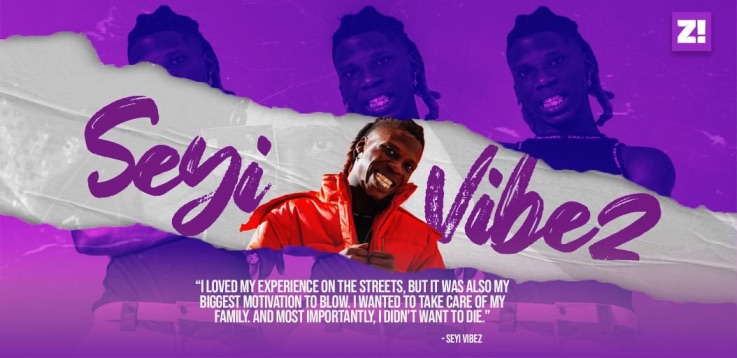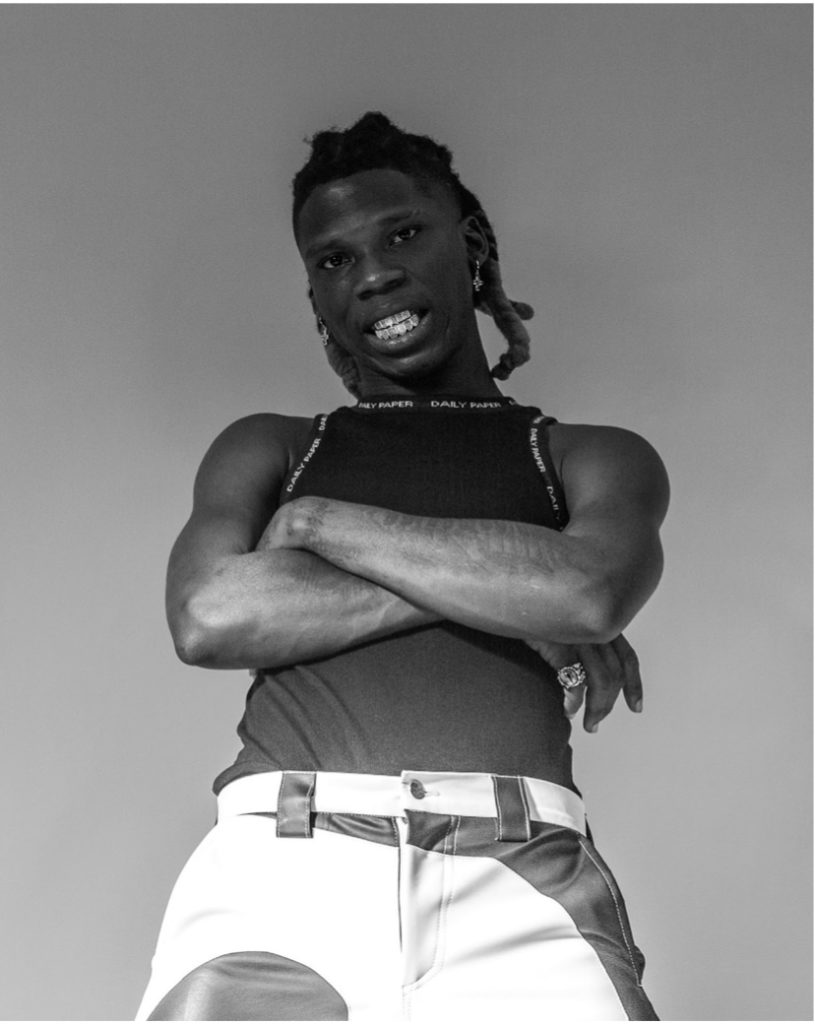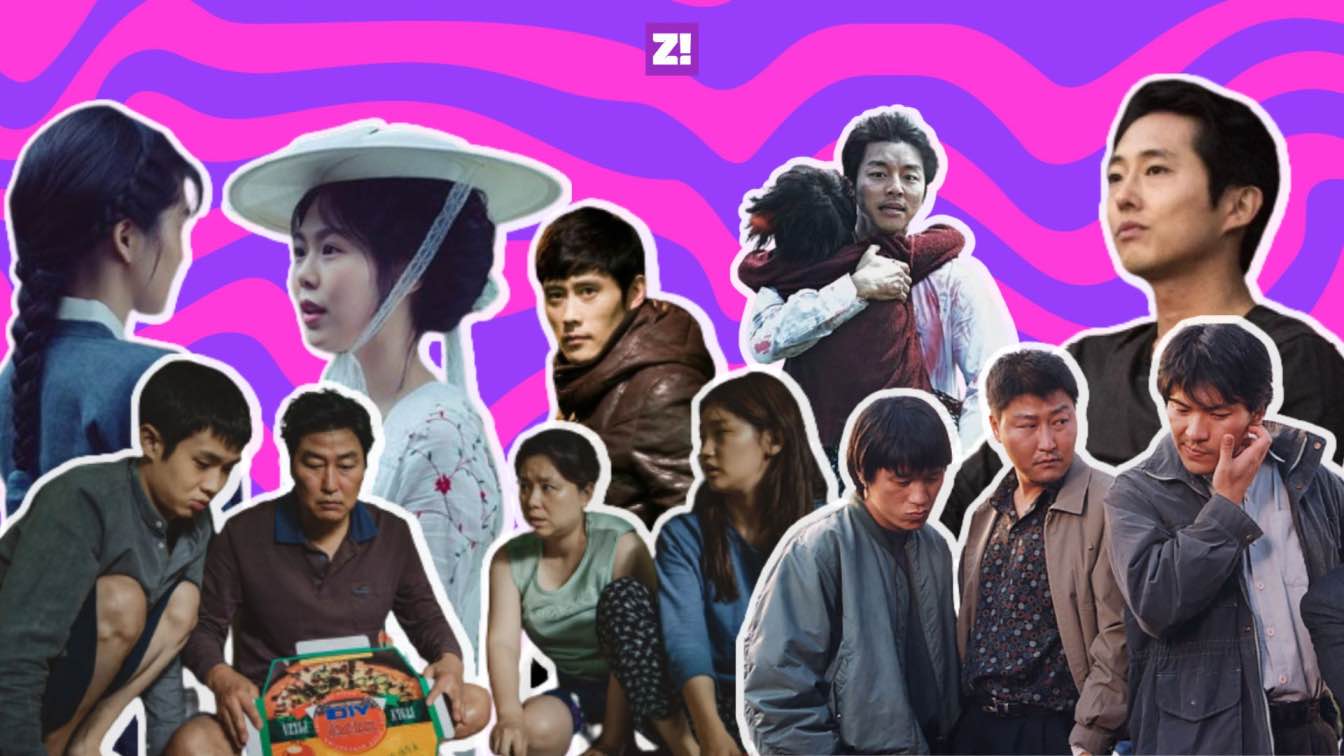
Seyi Vibez was forced to make a difficult decision barely two weeks before his debut album, Billion Dollar Baby, was released to the public at the start of November [2022]. His manager informed him the remix of one of his songs, C Major, with Tiwa Savage, would have to be removed from the album (and everywhere else) due to some label drama from the featured artist.
“It ended up being this lightbulb moment for me,” he says. “I had other features with Simi and Mayorkun, but I realised I couldn’t depend on them. I didn’t have to. I stepped into the studio, recorded a new song in two hours and added it to the album at the very last minute.”
That new song was Chance (Na Am), a major standout from Seyi’s album and a crowd favourite, with over nine million streams in the three weeks since the album dropped. It’s easy to say the 23-year-old singer has proven to be a hitmaker with or without assistance. But this wouldn’t be the first time.
Born and raised in the trenches, as he calls it, Seyi Vibez’s childhood was defined by two distinct places in Lagos: Ketu, where he lived up until he was eight, and the chaotic streets of Ikorodu where he honed his craft performing freestyles in shorts and slippers for anyone willing to listen. He explains that Ketu represents Seyi, while Ikorodu helped him create Seyi Vibez.
Ikorodu is where Seyi had what he thought would be his first small concert, only to end up singing in front of over 200 people from around the area, who knew his songs word for word).
But singing isn’t the only memory Seyi has of his time in Ikorodu. He vividly remembers guys he knew getting into gang fights that either ended in death or got them behind bars at the local police station. “The streets taught me that life is short,” he tells me before taking a few seconds to compose his thoughts into words. “I loved my experience there, but it was also my biggest motivation to blow. I wanted to take care of my family. And most importantly, I didn’t want to die.”
RECOMMENDED: A Ghanaian Helps Us Break Down Lyrics on Black Sherif’s “The Villain I Never Was” Album
Fame eventually came knocking right before the pandemic
A couple of singles followed God Sent, and by the time the singer dropped his debut EP, No Seyi No Vibez, audiences had already grown accustomed to his exciting blend of hip-hop and fuji music. This fusion created earworms that chronicled his struggles on the street, all while showing a dogged desire to make it no matter what.
While Seyi is cementing his status on and off the streets, with songs like +234 and Hustle, it’s important to note he’s doing it all without the backing of a label. When I ask him whether his independence is by choice or circumstance, he quickly tells me he enjoys being his own boss. “I can wake up tomorrow and decide to drop three albums if I want,” he says, laughing. “I like being in the front seat even though I have management. However, who knows. If I meet a label that checks all my boxes, I might sign with them.”
But before he drops (or doesn’t drop) those three albums, Seyi is basking in the reception Billion Dollar Baby is getting so far. Finishing the album has made him fearless and confident that he’s on the right track to fulfil his purpose in life. Despite the success of everything around him, Seyi wistfully tells me he misses the days he spent hustling in Ikorodu. He misses the unfiltered love that wasn’t driven by marketing, and most importantly, he misses the food. “Island restaurants can’t compete with food from the trenches,” he says.
I’m not sure I agree with him, but we’ll have to wait until he introduces me to this “trenches” food he’s talking about. Even though Seyi misses strolling around Ikorodu without security, he tells me he’s happy making music people can dance to and still connect to the lyrics.

Just like fans questioned what Adele would sing when she finds happiness, I’m curious about what Seyi will sing now that he’s got the fame and money he’s been yearning for. “The chase for money will never end,” he explains before reminding me even Dangote, one of the world’s wealthiest men, is still looking for money. “I don’t have the billion dollars I’m singing about now, so that’s what I want next. I have the babes, but I want more money.”
ALSO READ: Show Dem Camp May Have Saved 2022 With “Palmwine Music 3”




